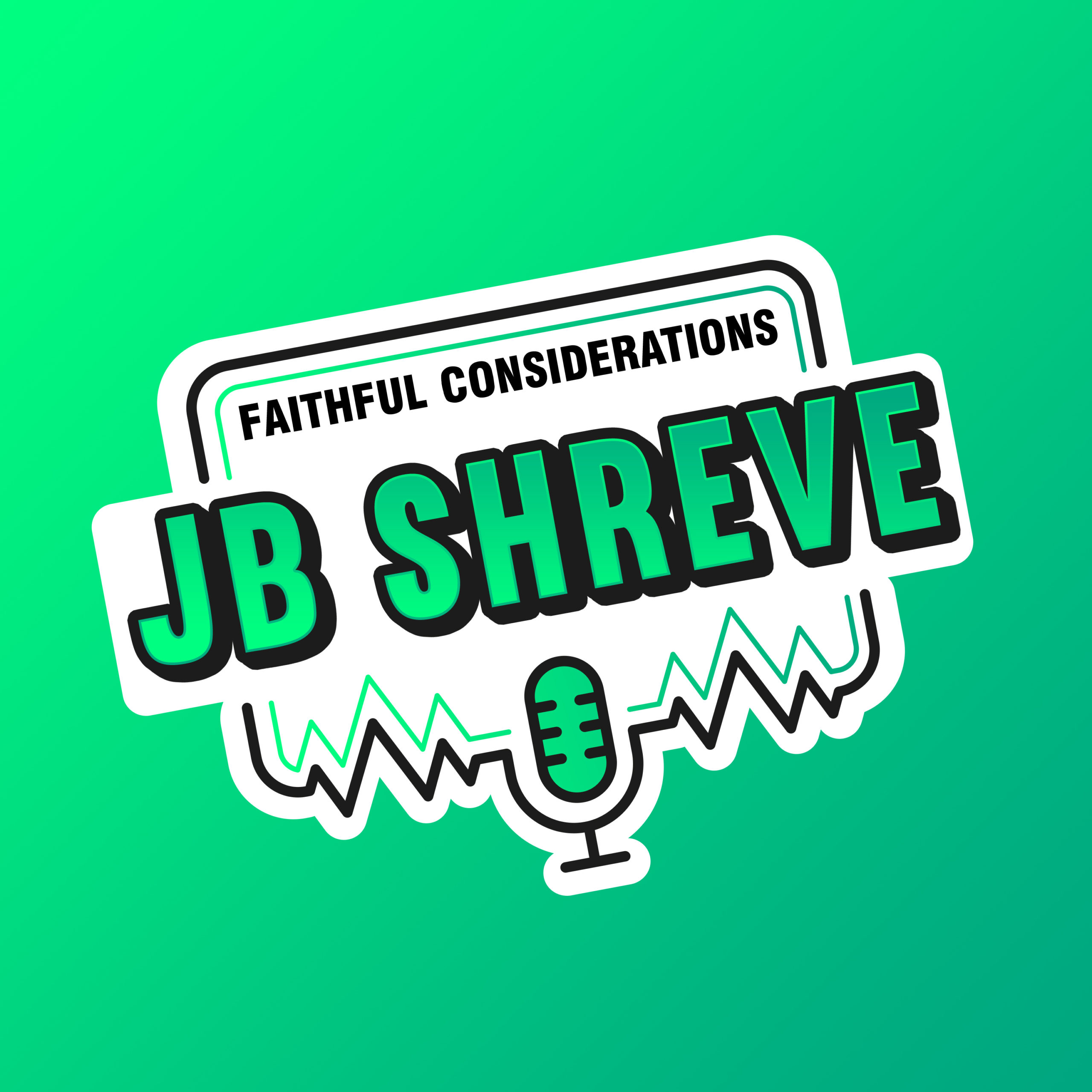This post is part of an ongoing series in the study of John we are doing during January. Subscribe to the blog for daily updates in the Bible Study posts. Subscribe to the podcasts to hear our discussion of the book of John throughout this month. Join us in your daily devotions as we travel through this fascinating account of the life of Christ.
***
John 8 features some of the most intense altercations between Jesus and the religious leaders so far. At several points, they even call out questions about the legitimacy of his birth.
Then they said to Him, “Where is Your Father?” John 8:19a
(NKJV) Then they said to Him, “We were not born of fornication; we have one Father—God.” John 8:41
When one is born to a virgin, these are the insults and accusations faced.
On one level, we can understand the doubts and weaknesses of the religious leaders. Jesus is contrary to everything they imagined the Messiah to be. Even worse, He referred to Himself as the Son of God and equal to God. These are weighty issues and concerns.
Still, the length to which these religious leaders go is shocking. By this point in the gospel of John, there is no hint of open-mindedness or seeking the truth among these people who claim to lead the people of Israel to the truth of God. When they ask in verse 25, “Who are You?” It is not out of a true sense to know Him but to judge Him. They are daring Him to proclaim His equality with God again. They are utterly lost, blind, and standing in severe opposition to Christ.
Jesus sees them for who they are and declares the reality of their so-called expertise on the things of God.
Jesus answered, “You know neither Me nor My Father. If you had known Me, you would have known My Father also.” John 8:19b
It is a surprising reality that the systems of religion and the people who uphold such systems nearly always oppose the revelation of God to man. When God speaks in new ways to His people throughout history, the most significant opposition does not usually come from the world but from the religious systems. Jesus spoke of this reality when He noted the leaders of the religious system He confronted came from the same lineage that killed the prophets.
Woe to you! For you build the tombs of the prophets, and your fathers killed them. In fact, you bear witness that you approve the deeds of your fathers; for they indeed killed them, and you build their tombs. Luke 11:47-48 (NKJV)
In the history of the Church, as God revealed Himself from one age to the next, the leaders in the last movement of God among His people were often among the leading persecutors in the next movement. Martin Luther’s reformation was born in Germany, but centuries later, the rise of liberal theology that subordinated scripture to little more than myth and legend also came from those same lands and churches.
Not Just Them
Our journey with God requires a level of flexibility and tenderness of heart that does not become set in its ways, comfortable in its theology, and confines the revelation of God to our own understanding and limitations. Unfortunately, human nature causes most of us to follow the path of the Pharisees, who were frustrated and antagonistic toward Jesus in John 8. The Son of God who stood before them did not match the God they met when they studied the Word of God in their youth. They could not grow and could not understand and ended up on the wrong side of God’s present dealings with mankind.
Far more of us go the way of the Pharisees than the way of Caleb (Numbers 13), Simeon (Luke 2:25), Anna (Luke 2:25), and other rare figures in scripture who maintained a heart ready to discover God anew even in their old age.
As we saw in yesterday’s post, life with Christ is one of zero compromise. There is light, and then there is darkness. There is no gray area between them. At the same time, the journey with Christ is not static. God is constantly moving forward to the fulfillment of His will.
The Pharisees and religious leaders of Israel in John 8 sealed their fate with their hard-heartedness and blindness. But as much as they demonstrate the environment Jesus operated in throughout the gospel of John, they also stand as a warning to measure our own hearts.
Considerations
- Is my heart flexible and tender to the prompting of where God is moving today, or am I holding on to precious revelations He showed me years ago?
- Could the personal revelations God presented to me in the past stand as obstacles to seeing Him anew tomorrow?
- Does my posture represent the rigorous standards of the Pharisees or the flexible journey of Caleb?





What do you think?
Show comments / Leave a comment